We call breaks at work the set of pauses that must be taken during the working day to maintain workers’ physical and mental health. Given the importance of this issue for both employees and companies, we are going to address its characteristics in this post.
Why is it important to take breaks at work?
The relevance of taking breaks at work is one of the most important issues in the field of occupational risk prevention, including that related to psychosocial risk factors. For this reason, at least in theory, it is widely discussed in labor legislation.
Sometimes, due to the “demands of the script”, we forget the importance of not overloading ourselves while working and of making adjustments in our pace and expectations. However, taking breaks at work from time to time is essential for proper performance and to prevent occupational health problems, including mental health problems.

Why is it important to rest at work? Simply because our physical and psychological resources are not infinite. It seems unquestionable that a person cannot work without having slept the necessary hours and therefore, whether we want to or not, there comes a time every day when we close our eyes and stop.
However, this is not enough: within the working time, we must also take some breaks. We cannot go without getting up from our chair and clearing our minds for more than a certain amount of time, or without diverting our attention to other subjects and then returning it to the main task. We must concentrate and continue, yes, but with proper breaks at work.
Scheduling appropriate breaks at work
As we have indicated, labor legislation already regulates breaks at work, determining the minimum requirements to be followed in relation to the task to be performed and the number of hours to be worked.
Based on this legislation in force, it is normal for there to be certain breaks established in advance in the company, according to its corporate culture and the tasks to be performed.
Two classic examples of breaks at work are the so-called “coffee break” and, of course, the lunch break. From our role as responsible employees (for our work but also for our mental well-being at work) we can question different things about this issue: how much time is advisable for that “coffee” and for lunch? Is the legally established time the most advisable for the company’s needs and for mine as an employee? And, of course, what specifically has to happen during my rest periods in order for them to fulfill their function?
Join the global leading solution in mental well-being
Think about what your breaks at work should be like
Based on the minimum requirement established legally and included in the company’s regulations, in practice employees must have a certain margin of action when it comes to managing their time and organizing among themselves to establish the breaks in their working day. After all, theory cannot cover all the scenarios that may exist in the day-to-day practice of real companies.
The functioning of our attention is well studied in controlled laboratory situations. In real life, however, circumstances are more complex and have to adapt to each individual in the context of their responsibilities in a particular company. Therefore, it is not so much a question of prescribing a specific number of breaks, a specific duration, or a specific rest methodology (which specific activity is the best for resting) that is valid for any employee.
Within the leeway of organization your company allows you, you are the one who knows firsthand the strain your tasks put on you and the number and length of work breaks you need to take care of both your performance and your health.
The pace and needs of each employee can vary greatly, so it does not make much sense to rigidly establish a rest methodology that applies to everyone, but rather to encourage each employee to design their own rest strategy based on their needs and responsibilities.
Characteristics of your breaks at work
Number of breaks
It’s not about taking one break or four, but about taking the necessary breaks to properly balance performance and well-being. Remember that the number of breaks you need does not have to coincide with that of your colleague next to you.
Length of breaks
Some people need few but long breaks. Other people need more frequent but short breaks. What do you need?
Content of breaks
It’s about thinking about what works for you during your breaks. It can be absolute silence, a banal chat with your colleagues, going out to an outdoor space that you can count on in the office…

Helping companies with employee breaks
At ifeel, we understand that it is not possible to take care of the company without taking care of the psychological well-being of its employees. To do so, we have an emotional well-being program for companies, designed by our team of occupational well-being psychologists with one main objective: to help companies place employee health at the center of their strategy to build their mission statement.
Thanks to this partnership, the people in charge of HR departments can receive personalized, data-driven advice on how to make good decisions in a company to get the most out of the teams they are in charge of and take better care of the psychological well-being of the people in them.
Moreover, this program offers employees a holistic mental health care service structured at different levels according to their needs. This service includes, if required, online psychological therapy with a psychologist specialized in cases like theirs. Try our program today so you can see how it could help you.
We hope you have found this post about breaks at work interesting. If you want more information about our emotional well-being program for companies, simply request it and we will contact your team as soon as possible. You may also be interested in this post about the advantages of using ifeel’s workplace mental health platform.









